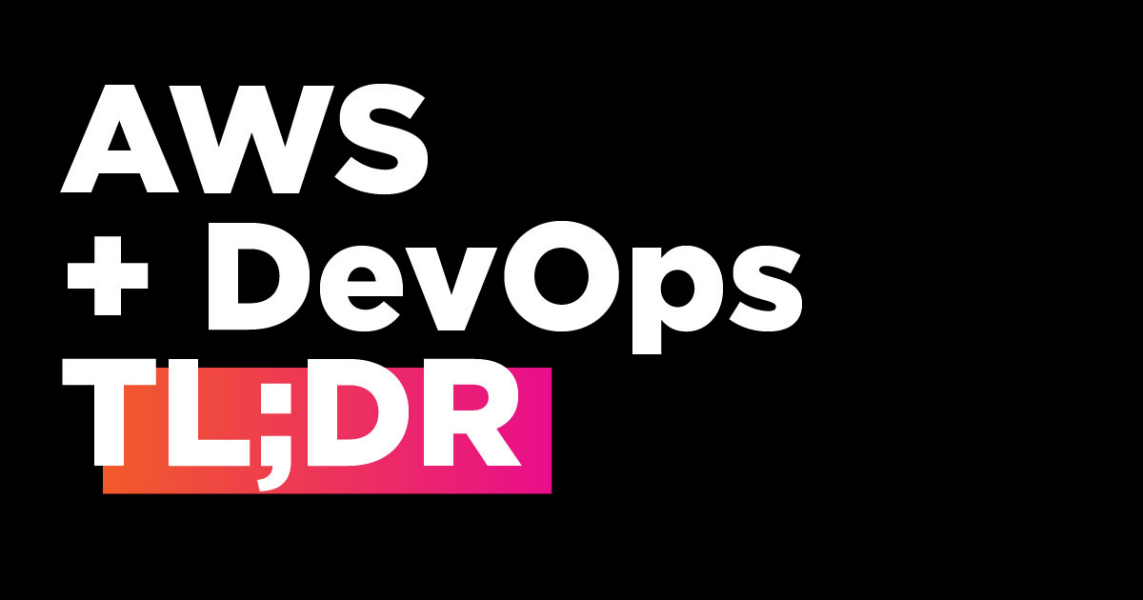Author: Mike Pfeiffer
Organizations of all shapes and sizes are leveraging cloud services and agile software development to maintain a competitive edge. In my webinar on AWS DevOps in Practice, I addressed some of the patterns and practices that businesses are using to leverage the AWS cloud platform to build and release software with more speed and reliability than they ever have before.
These tools include continuous integration, continuous delivery, Infrastructure as Code (IaaC), and developer services available in AWS to build fully automated software release pipelines. Here are five questions and answers from the webinar about these solutions, AWS certifications and skills you need to succeed at DevOps practices and the AWS cloud.
Where do you recommend someone start if they want to evaluate transitioning to DevOps?
I would learn the basics and then get some hands-on experience to see if you like the work. Start by reading the whitepapers from AWS. The two in particular I would recommend are Introduction to DevOps on AWS and Practicing Continuous Integration and Continuous Delivery on AWS.
After studying the theory, move on to applying the concepts in the real-world. Try these 5 steps to getting started with DevOps and check out this webinar on DevOps solutions and practices you can use now.
Which is the best AWS certification to start with for an automation engineer? AWS Certified Solutions Architect or AWS Certified Developer?
The answer really depends on what you want to do going forward. AWS removed exam prerequisites for their professional level exams, so technically, you could go straight for the AWS Certified DevOps Engineer Professional certification. However, starting with an associate level certification is a good idea if you’re completely new to AWS.
In terms of associate level certifications, it depends on your goals. If you want to spend the majority of your time building applications, the developer path makes sense. The developer certification will also help you relate to the developers you’ll be working with. However, the AWS Certified Solutions Architect Associate is also a great way to start if you want to focus on DevOps and automation, as it will give you a breadth of knowledge across a wide range of services.
What would be the best certification path for a person coming from a software testing background?
If you’re currently working in software testing and quality assurance, it would make sense to start with either the AWS Certified Developer Associate or DevOps Professional certification exam. Again, if you’re completely brand new to AWS then the associate level certification would be a great way to ease into the cloud. Holding both of these certifications will benefit you as you’ll understand what developers need to be focused on and you’ll be able to seamlessly contribute to the validation, testing and release of the software.
How do you install and make dev tools work on premises?
You can deploy applications to AWS resources (such as EC2 instances and Lambda function) as well as on-premises servers using AWS CodeDeploy. You’ll need to install an agent and register your on-premises servers in AWS. Once your servers are configured, they can be targeted as part of a deployment group in a CI/CD pipeline built using native AWS tools such as CodeCommit, CodeDeploy and CodePipeline.
We’re currently using Terraform for Infrastructure as Code (IaaC). Should we switch to CloudFormation?
It’s true that CloudFormation is the native Infrastructure as Code tool on AWS, but that doesn’t mean you’re required to use it. If what you’re doing now with Terraform is meeting your needs, there’s no reason to switch. If you find a limitation that can only be addressed with CloudFormation, then it would make sense to make a move.
Couldn’t join live? Check out the full recording of our webinar on AWS DevOps in practice.
